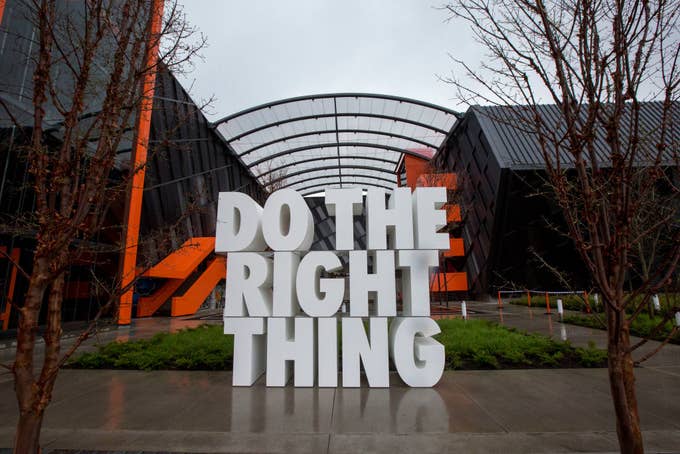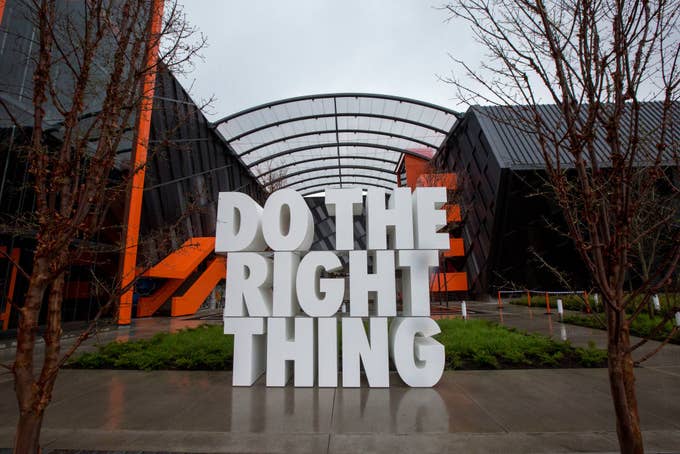
The New York Times published a report on Saturday that included detailed allegations against Nike for sexism against its workplace's female employees.
The article came out after at least six top male executives left or announced they were planning to leave the company last month. On March 5, Nike’s chief executive Mark Parker received a pile of filled out questionnaires on his desk from women working at Nike’s Beaverton, Oregon headquarters. A group of women surveyed their female coworkers, asking if they have ever been on the receiving end of sexual harassment or discrimination while working at Nike. President of the Nike brand Trevor Edwards and his lieutenant Jayme Martin were among those who left.
"It has pained me to hear that there are pockets of our company where behaviors inconsistent with our values have prevented some employees from feeling respected and doing their best work," said Parker.
According to the Times, the company started a "comprehensive review of its human resources operations" as more women and men come forward with allegations. Many of those who the Times interviewed said the workplace environment was demeaning to women. Three people reportedly said there were instances where men referred to other people using a crude term for women's genitals. Another woman said that her boss called her a "stupid bitch" and threw his car keys at her. She said that he still remained her boss even after reporting the alleged incident to human resources.
"That is not something we are going to tolerate," said spokesman KeJuan Wilkins in response to the reported problems.
Amanda Shebiel, who left Nike in September after working for the company around five years, told the Times, "Why did it take an anonymous survey to make change? Many of my peers and I reported incidences and a culture that were uncomfortable, disturbing, threatening, unfair, gender-biased, and sexist—hoping that something would change that would make us believe in Nike again." She added, "No one went just to complain. We went to make it better."

